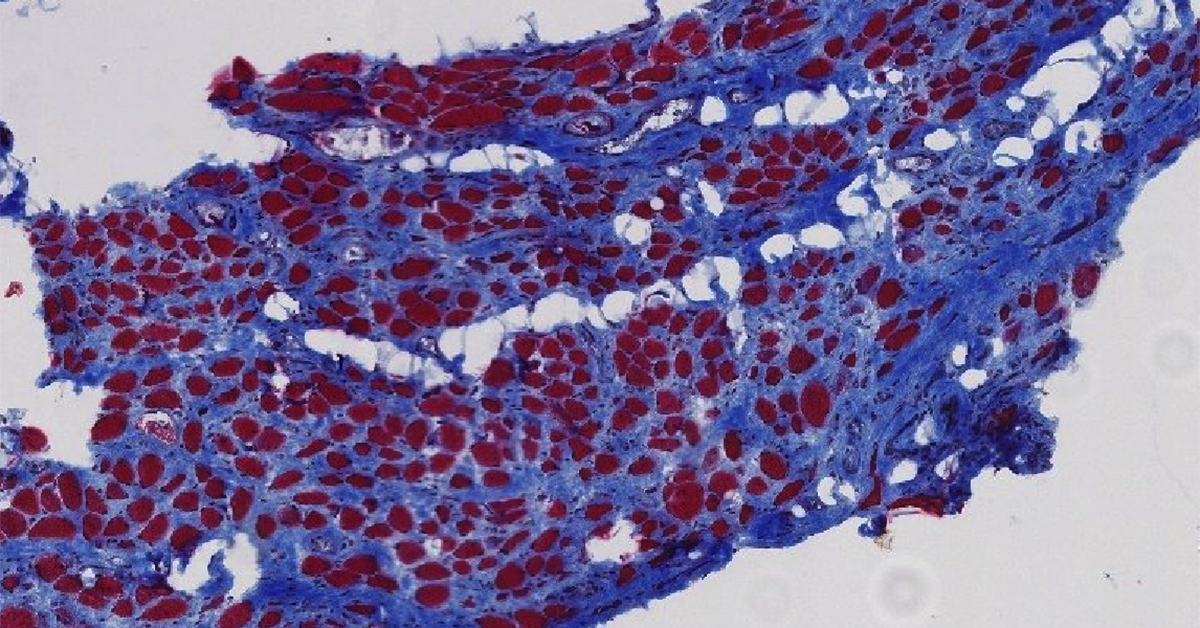2023-08-02 ブラウン大学
◆高齢者での重篤な副作用のリスクは両方のワクチンで非常に低いことが確認されました。また、ModernaワクチンはPfizer-BioNTechワクチンと比べて、肺塞栓症リスクが4%低く、血栓塞栓症リスクが2%低かったとの結果も示されました。さらに、ModernaワクチンはCOVID-19の診断リスクも15%低かったという報告があります。
◆ワクチン接種による副作用のリスクはSARS-CoV-2感染による自然免疫よりもはるかに低いと指摘されています。また、高齢者を含む実際の人口集団でのワクチンの効果を理解する必要性もあり、さらなる研究が推奨されています。
<関連情報>
- https://www.brown.edu/news/2023-08-02/vaccine-older-adults
- https://jamanetwork.com/journals/jamanetworkopen/fullarticle/2807927
米国高齢者におけるCOVID-19 mRNAワクチン接種後の潜在的有害事象の比較リスク Comparative Risks of Potential Adverse Events Following COVID-19 mRNA Vaccination Among Older US Adults
Daniel A. Harris, Kaleen N. Hayes, Andrew R. Zullo, Vincent Mor, Preeti Chachlani, Yalin Deng, Ellen P. McCarthy, Djeneba Audrey Djibo, Cheryl N. McMahill-Walraven, Stefan Gravenstein
JAMA Network Open Published:August 2, 2023
DOI:10.1001/jamanetworkopen.2023.26852

Key Points
Question Are there safety differences between mRNA vaccines for COVID-19, and do those differences vary by frailty level?
Findings In this cohort study of 6 388 196 older US adults, a 4% lower risk of pulmonary embolism, a 2% lower risk of thromboembolic events, and a 14% lower risk of diagnosed COVID-19 were observed among those who received the mRNA-1273 vaccine compared with the BNT162b2 vaccine. Although both vaccines were safe across frailty subgroups, differences were generally greater in individuals without frailty.
Meaning These findings suggest that compared with BNT162b2, mRNA-1273 was associated with a lower risk of adverse events, possibly due to improved protection against COVID-19.
Abstract
Importance Head-to-head safety comparisons of the mRNA vaccines for SARS-CoV-2 are needed for decision making; however, current evidence generalizes poorly to older adults, lacks sufficient adjustment, and inadequately captures events shortly after vaccination. Additionally, no studies to date have explored potential variation in comparative vaccine safety across subgroups with frailty or an increased risk of adverse events, information that would be useful for tailoring clinical decisions.
Objective To compare the risk of adverse events between mRNA vaccines for COVID-19 (mRNA-1273 and BNT162b2) overall, by frailty level, and by prior history of the adverse events of interest.
Design, Setting, and Participants This retrospective cohort study was conducted between December 11, 2020, and July 11, 2021, with 28 days of follow-up following the week of vaccination. A novel linked database of community pharmacy and Medicare claims data was used, representing more than 50% of the US Medicare population. Community-dwelling, fee-for-service beneficiaries aged 66 years or older who received mRNA-1273 vs BNT162b2 as their first COVID-19 vaccine were identified. Data analysis began on October 18, 2022.
Exposure Dose 1 of mRNA-1273 vs BNT162b2 vaccine.
Main Outcomes and Measures Twelve potential adverse events (eg, pulmonary embolism, thrombocytopenia purpura, and myocarditis) were assessed individually. Frailty was measured using a claims-based frailty index, with beneficiaries being categorized as nonfrail, prefrail, and frail. The risk of diagnosed COVID-19 was assessed as a secondary outcome. Generalized linear models estimated covariate-adjusted risk ratios (RRs) and risk differences (RDs) with 95% CIs.
Results This study included 6 388 196 eligible individuals who received the mRNA-1273 or BNT162b2 vaccine. Their mean (SD) age was 76.3 (7.5) years, 59.4% were women, and 86.5% were White. A total of 38.1% of individuals were categorized as prefrail and 6.0% as frail. The risk of all outcomes was low in both vaccine groups. In adjusted models, the mRNA-1273 vaccine was associated with a lower risk of pulmonary embolism (RR, 0.96 [95% CI, 0.93-1.00]; RD, 9 [95% CI, 1-16] events per 100 000 persons) and other adverse events in subgroup analyses (eg, 11.0% lower risk of thrombocytopenia purpura among individuals categorized as nonfrail). The mRNA-1273 vaccine was also associated with a lower risk of diagnosed COVID-19 (RR, 0.86 [95% CI, 0.83-0.87]), a benefit that was attenuated by frailty level (frail: RR, 0.94 [95% CI, 0.89-0.99]).
Conclusions and Relevance In this cohort study of older US adults, the mRNA-1273 vaccine was associated with a slightly lower risk of several adverse events compared with BNT162b2, possibly due to greater protection against COVID-19. Future research should seek to formally disentangle differences in vaccine safety and effectiveness and consider the role of frailty in assessments of COVID-19 vaccine performance.


